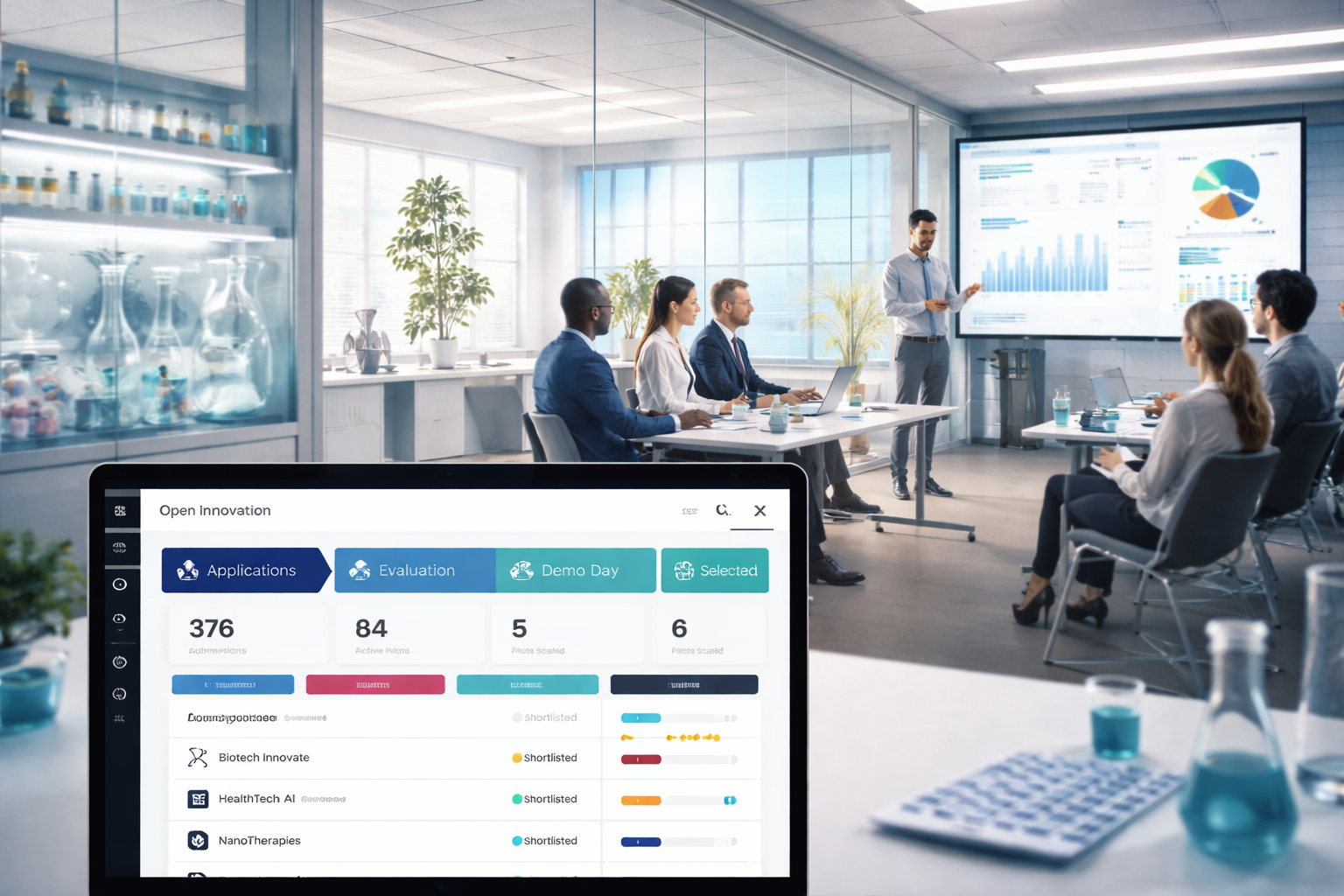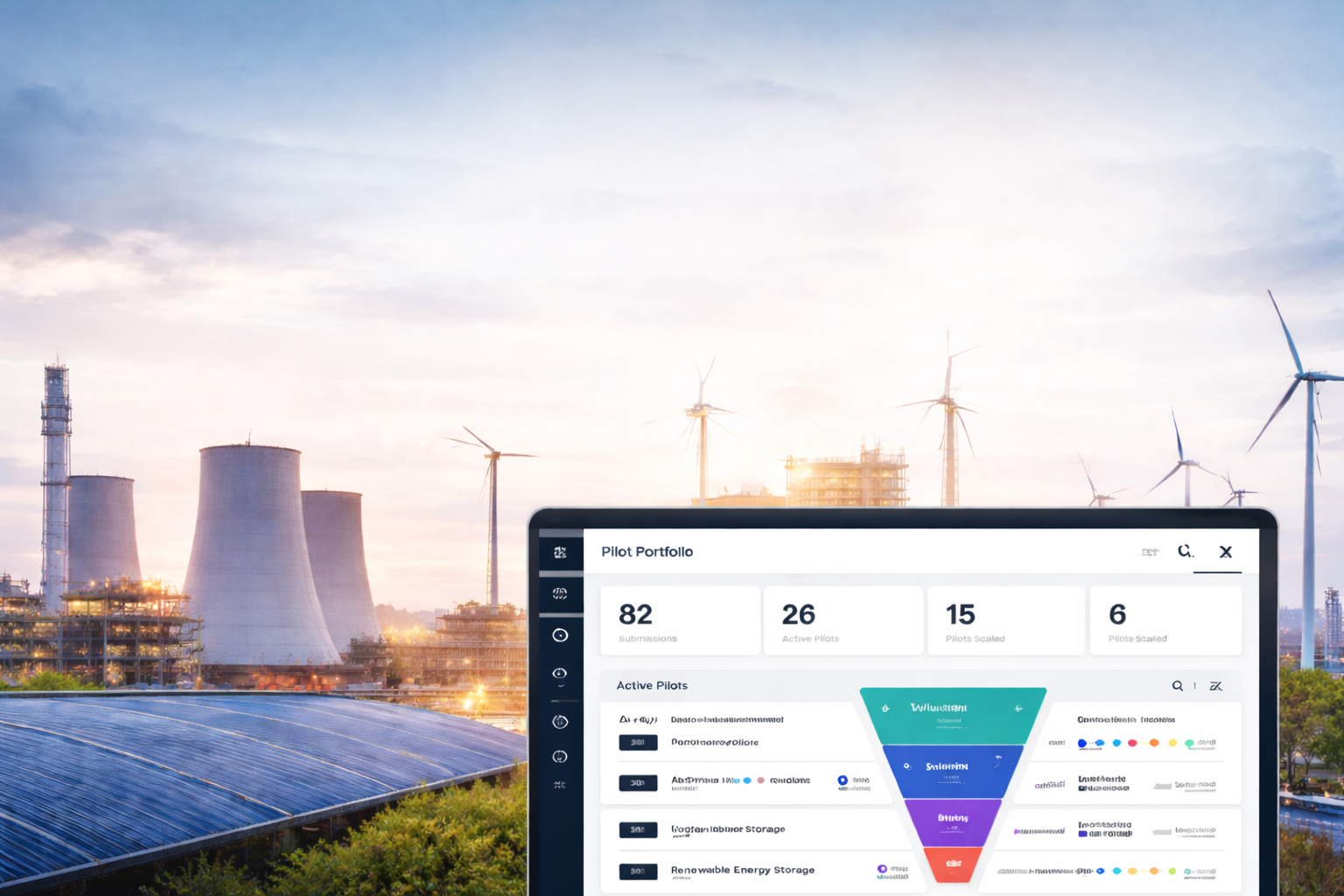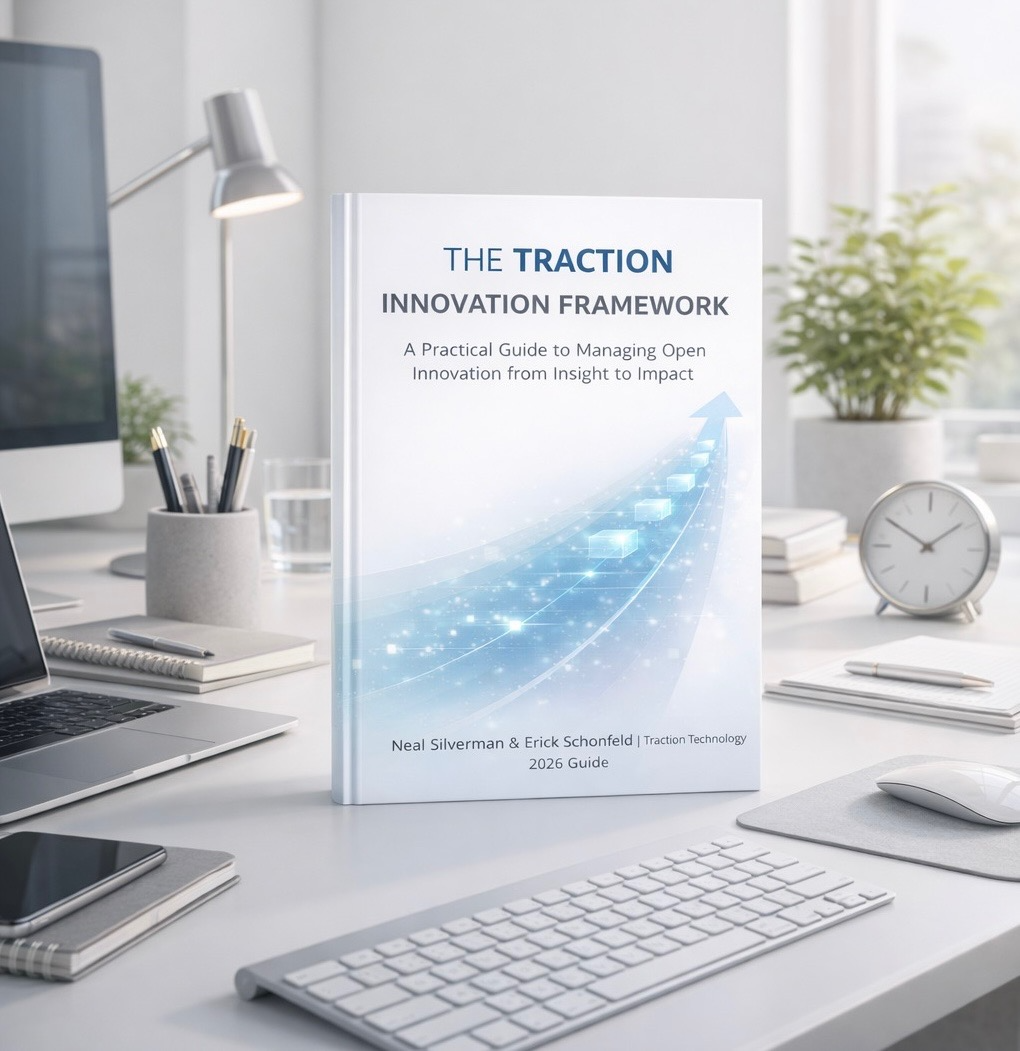In a world where market dynamics are ever-changing and customer demands are increasingly sophisticated, the global supply chain—the lifeblood of commerce—finds itself in the throes of a transformative era. The catalyst propelling this change is artificial intelligence (AI), a disruptive technology that has permeated all facets of the business world, leaving an indelible mark on how goods are produced, stored, moved, and delivered.
Riding the crest of this digital wave, AI has emerged as a game-changer, redefining paradigms and rewriting the rules in the global supply chain landscape. Its profound impact is being felt across the board—from small businesses striving to carve a niche in the market, to multinational corporations aiming to optimize their sprawling, intricate supply chains.
The advent of AI-powered solutions presents an opportunity for these organizations to transcend traditional barriers, mitigating challenges such as demand forecasting, inventory management, and risk mitigation. Leveraging predictive analytics, machine learning, and autonomous vehicles, businesses can enhance efficiency, reduce costs, and build resilience in their supply chains, all while delivering superior value to their customers.
Moreover, this technological revolution isn't confined to the realms of established corporations. It has also given rise to a new generation of startups, challenging the status quo with innovative AI-driven solutions. These trailblazers are not only reshaping the supply chain industry but are also setting new standards for the future, demonstrating the transformative potential of AI.
Yet, as we traverse this exciting digital frontier, it's critical to cast an eye towards the horizon. The future of AI in global supply chains promises even more groundbreaking trends—intelligent automation, AI in Supply Chain as a Service (AI-SCaaS), the fusion of blockchain and AI, and a heightened focus on ethical AI, to name a few.
In the subsequent sections, we delve deeper into the AI-powered revolution in global supply chains, exploring its applications, spotlighting innovative startups, and discussing anticipated future trends. Join us as we embark on this journey to understand the transformative power of AI and how it's shaping the global supply chain of the future.
AI in Global Supply Chains: Uses and Technologies
Forecasting and Inventory Management: AI can analyze vast amounts of data to predict future demand patterns, allowing businesses to optimize their inventory levels. Technologies like machine learning (ML) and predictive analytics can help identify trends and patterns from historical data, minimizing overstocking or understocking.
Autonomous Vehicles and Drones: AI is at the heart of autonomous vehicles and drones used for transportation and delivery in the supply chain. Self-driving trucks, ships, and drones can operate around the clock, reducing human error and improving safety.
Warehouse Automation: AI-powered robots can sort and move inventory more efficiently than humans, reducing the time and cost of warehouse operations. Computer vision, a subset of AI, enables these robots to recognize and handle a wide range of items.
Supply Chain Risk Management: AI algorithms can monitor and analyze a multitude of risk factors, including weather patterns, political unrest, and market trends, to predict disruptions in the supply chain. This allows companies to take proactive measures and mitigate potential impacts.
Sustainable Supply Chains: AI can help businesses identify and monitor their environmental footprint, including carbon emissions and waste, enabling them to develop more sustainable practices.
Innovative Startups in AI and Supply Chain
FourKites uses AI to provide real-time tracking and predictive analytics for shipment across all modes of transport. It provides ETAs, helping companies manage their operations more effectively.
Locus Robotics creates autonomous mobile robots for use in warehouses. These robots can pick, sort, and pack goods more quickly and accurately, improving warehouse efficiency.
Riskpulse uses AI to predict and mitigate risks in the supply chain. It monitors weather, natural disasters, social unrest, and other risk factors to provide businesses with actionable insights.
An AI platform that aims to redefine warehouse management and help businesses transform their supply chain operations.
A Swedish startup that is designing AI and electric-powered trucks, primarily for freight hauling, which can potentially transform transportation within supply chains.
Future Trends
Intelligent Automation: The combination of AI and Robotic Process Automation (RPA) will further enhance automation in the supply chain. From autonomous vehicles to smart warehouses, intelligent automation will make supply chains more efficient and resilient.
AI in Supply Chain as a Service (AI-SCaaS): As AI becomes more mainstream, we will likely see the rise of AI-SCaaS, where businesses can leverage AI capabilities in the supply chain without the need to develop in-house expertise.
Blockchain and AI: Blockchain and AI can work together to enhance traceability, transparency, and trust in the supply chain. Blockchain can provide a secure, immutable record of transactions, while AI can analyze this data to extract valuable insights.
Ethical AI in Supply Chains: As AI adoption grows, so will the focus on ethical considerations. This includes addressing issues such as data privacy, AI bias, and the impact of automation on jobs.
The Driving Force For A Global Supply Chains
The AI-powered revolution in the global supply chain is just beginning. As AI technologies continue to evolve and mature, their role in enhancing supply chain efficiency, resilience, and sustainability will only grow. It is an exciting time to be part of this transformative journey, as companies are increasingly leveraging AI to optimize their operations, mitigate risks, and deliver value to their customers.
One critical point to remember is that successful AI adoption in supply chains doesn't just involve the implementation of the latest technologies. It requires a shift in culture, processes, and thinking. Companies need to embrace data-driven decision-making and foster a culture of continuous learning and adaptation. They need to invest in skills and training to ensure their teams are equipped to work effectively with AI.
In terms of policy and regulation, governments and international bodies also have a role to play. They need to provide clear and consistent guidelines on issues like data privacy, AI ethics, and cross-border data flows to ensure that the benefits of AI are realized while minimizing potential risks and harms.
The future of the global supply chain is undoubtedly AI-driven. Whether it's predicting demand more accurately, moving goods more efficiently, managing risks more proactively, or creating more sustainable and ethical supply chains, AI has the potential to make a profound impact. It's up to us to seize this opportunity and shape a future where AI-powered supply chains are the norm rather than the exception.
As we look to the future, we should be excited about the possibilities that AI brings to the global supply chain. The innovative startups mentioned are just the tip of the iceberg. There are countless other companies out there leveraging AI in unique and impactful ways, and many more yet to be created. The AI revolution in the global supply chain is a journey, and we're only just getting started.
How can Traction Technology help?
Traction Technology is a ground-breaking platform engineered expressly to eliminate internal innovation silos, thereby enabling enterprises to seamlessly collaborate and align their business needs with promising technologies. By providing dynamic features that promote collaboration and innovation, they aim to accelerate digital transformation in the enterprise.
Here's how Traction Technology can help:
.png)
Discovery of Relevant Startups: Traction Technology helps established companies discover relevant advanced technologies aligned with their strategic goals and innovation areas. It curates startups based on different industries, technology trends, and areas of business interest, making it easier to find potential partners or investment opportunities and share this information across the enterprise.
Collaboration and Engagement Tools: Traction Technology offers tools that help manage the engagement process with startups. It provides a structured approach to evaluating, tracking, and managing interactions with multiple startups across multiple project and pilots, improving efficiency and collaboration.
Data-Driven Insights: The platform provides data-driven insights to help make informed decisions. This includes information on startup funding, growth indicators, customers and competitors, which can help in assessing potential startup partnerships.
Innovation Pipeline Management: Traction Technology aids in managing the innovation pipeline. It helps companies capture ideas and request and track innovation projects, monitor progress, and measure results in real time, promoting a culture of continuous innovation.
Track KPIs and Generate Custom Reports: Effortlessly track Key Performance Indicators (KPIs) with real time dashboards and generate custom reports tailored to your organization's unique requirements. Stay
.png)
ahead of the curve by monitoring projects progress and engagement.
By leveraging a platform like Traction Technology, established companies can gain a competitive edge, driving their digital transformation journey and adapting to the fast-paced business environment. It supports the integration of startup agility, innovation, and customer-centric approach into their operations, which is critical for success in the digital age.
About Traction Technology
We built Traction Technology to meet the needs of the most demanding customers, empowering individuals and teams to accelerate and help automate the discovery and evaluation of emerging technologies. Traction Technology speeds up the time to innovation at large enterprises, saving valuable time and money by accelerating revenue-producing digital transformation projects and reducing the strain on internal resources, while significantly mitigating the risk inherent in working with early-stage technologies.
Let us share some case studies and see if there is a fit based on your needs.
Traction Report Update: 23 ways AI could transform your business in 2023.
For more information
● Explore our software and research services.
● Download our brochure: How to Evaluate Enterprise Startups.
● Watch a demo of our innovation management platform and start your free trial.










.webp)